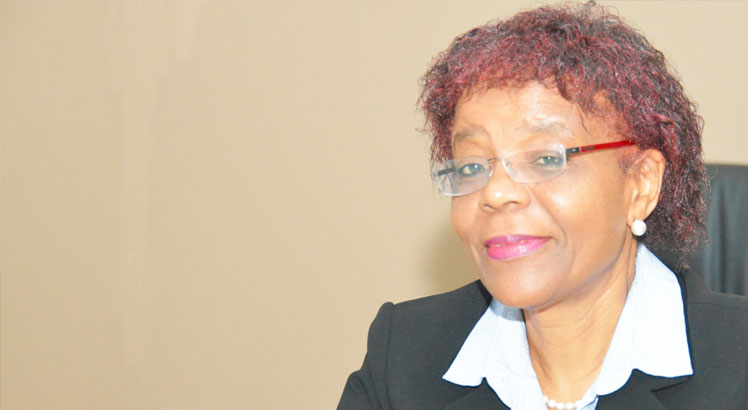Graft fight to get new lease
The Law Commission has stepped up efforts to tighten the fight against corruption by seeking input for the whistleblower protection law to guarantee the safety of informants and witnesses.
In a written response to a questionnaire yesterday, Law Reform deputy director Robert Kandulu said the commission, led by commissioner Rosemary Kumitsonyo-Kanyuka, has since conducted regional consultations to solicit views from various stakeholders on issues pertaining to the law to be developed.

He said: “Some of the issues that have been considered include; the types of protection that should be available to whistle-blowers, the best institutional arrangement to implement whistle-blower protection in Malawi and procedures for reporting, handling and investigation and disclosures made by whistle-blowers.
“The Special Law Commission is also considering issues of witness protection.”
Kandulu, who is also Law Commission information officer, said the Special Law Commission has since held 10 meetings for substantive deliberations, carried out regional consultations and has engaged over 130 stakeholders representing various sectors such as civil society organisations, academia, government, private sector and community actors.
The move follows a submission from the Anti-Corruption Bureau (ACB) to develop a specific and comprehensive piece of legislation.
The law seeks to provide for a whistleblower protection scheme to address weaknesses identified in the legal and institutional framework.
Following the submission, a Special Law Commission to develop legislation for the protection of whistleblower was formed in June 2023.
In a written response to The Nation questionnaire yesterday, ACB principal public relations officer Egrita Ndala said the Whistle Blower Protection Act will give confidence to people to report various malpractices, including corrupt practices as they will be assured of protection from any form of retaliation.
She indicated that Section 51 A of the Corrupt Practices Act (CPA) provides for the protection of whistle-blowers, but is not comprehensive as it does not address all the areas that need to be included in whistle-blower protection.
Said Ndala: “Moreover, a recent governance survey shows that 80 percent of the population is scared to report corruption for fear of retaliation.
“In other words, there are a lot more corrupt acts that are not being reported and therefore increasing impunity in the country.”
She was apparently referring to an Afrobarometer survey released in December 2023 which showed that only 21 percent of the people report corruption freely while 13 percent think corruption is the most important problem that Malawi has to deal with.
Afrobarometer said the findings are a cause for worry as whistle-blowers do not only reveal individual cases of corruption, but also help to unearth systemic weaknesses that encourage corrupt behaviour, allowing governments and anti-corruption agencies to use the information to close loopholes that enable corrupt activities.
National Anti-Corruption Consortium chairperson Moses Mkandawire said at the time beneficiaries of corruption and fraud are the political elite.
He said: “People often are not sure about their personal protection when they report to authorities who are the political elites. That is why we should have the Whistleblower Protection Act in place.”
In an interview yesterday, Centre for Social Transparency and Accountability executive director Willy Kambwandira agreed that the law will create room for whistle-blowers to provide information without fear of any threats and attacks as is currently the case.
According to the ACB, when developed, the law will provide for the statutory protection of whistle-blowers against reprisals and other forms of retribution that prevent potential whistle-blowers from disclosing illegal acts or other forms of misconduct that are committed by individuals or institutions within the public and private sectors.
Currently, Malawi does not have a stand-alone legislation for the protection of whistle-blowers. However, in some legislation including the CPA, there are provisions of whistle-blowers protection, but the provisions are not strong enough to protect whistle-blowers as fines and sentences provided are lenient.
For instance, Section 51 A (5) of the CPA provides that any person who takes any kind of action to punish or victimise a whistleblower shall be liable to a fine of K50 000 and two years’ imprisonment.
Meanwhile, the special Law Commission is scheduled to hold a National Validation Conference on May 28 2024 in Lilongwe where findings and recommendations for the proposed legislation will be presented.






[먹튀검증] 카지노커뮤니티 이용으로 먹튀검증 및 토토사이트 먹튀를 예방하세요.